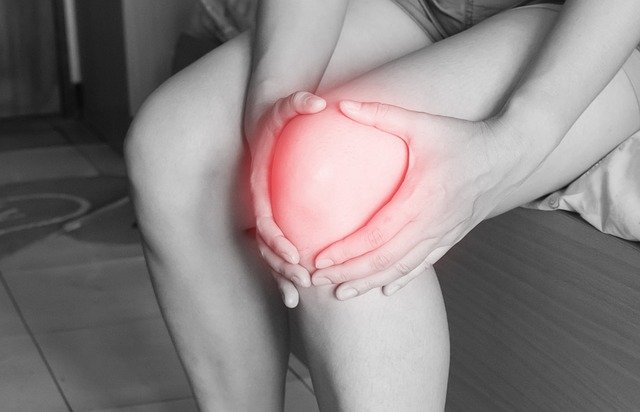
In a new study, researchers from Duke University find having gout may worsen heart-related outcomes for people being treated for coronary artery disease.
Gout is a type of inflammatory arthritis.
In the U.S., gout affects nearly 6 million men and 2 million women, or about 4% of the population, according to the Arthritis Foundation.
The buildup of uric acid can form needle-like crystals in a joint and cause sudden pain, tenderness, redness, warmth, and swelling, often in the big toe.
It’s also linked to a greater risk of kidney disease, diabetes, cancer, and sleep apnea.
In the current study, the team sought to clarify the link between cardiovascular disease and gout, which occurs in people with high levels of uric acid in the blood.
They studied data from more than 17,000 patients, including 1,406 who had gout at the start of the study and were being treated for cardiovascular risk factors.
After following patients for an average of 6.4 years, the researchers found that in spite of aggressive medical therapy, the gout was linked to worse outcomes and death.
Among patients who had gout at the beginning of the study or who developed it during follow-up, the risk of dying of cardiovascular disease or having a heart attack or stroke was 15% higher than people who never developed gout.
In addition, patients who had gout at any point during the study had a twofold increased risk of heart failure death compared to people who never developed gout.
The team suggests that many patients don’t even realize a link exists between gout and heart problems.
Their findings show the need for them to talk to their physicians about added risks.
It’s important for doctors to consider that patients with gout may be at higher risk for cardiovascular disease.
Although it’s unclear why gout might increase the risk of cardiovascular disease, the possible reasons include increased oxidative stress and inflammation.
Some experts suggest that gout is not just a disease of the joints. It’s a disease that causes inflammation in the joints and in the body.
It’s not just a pain in the toe – it affects other organs, too, including the heart.
The new study underscores the potential dangers of ignoring even occasional episodes of gout.
The study’s lead author is Dr. Neha Pagidipati.
The study is published in The Journal of the American Heart Association.
Copyright © 2018 Knowridge Science Report. All rights reserved.
Source: The Journal of the American Heart Association.



